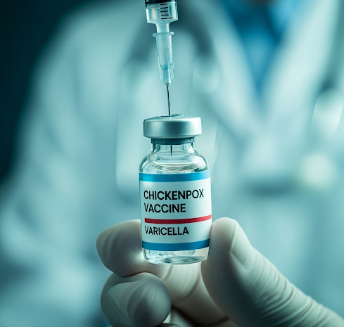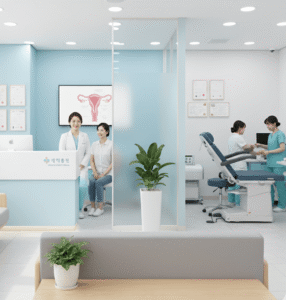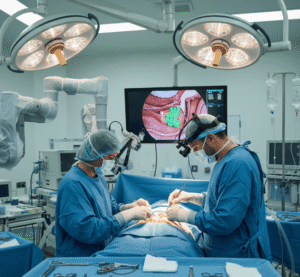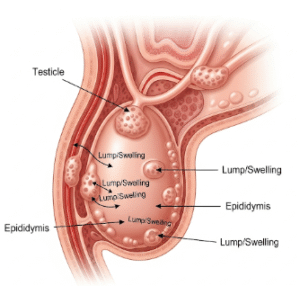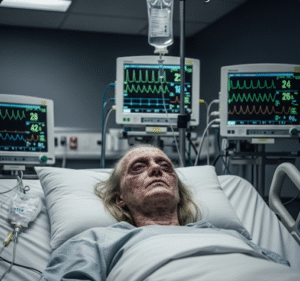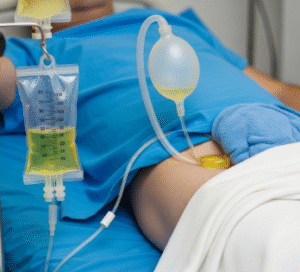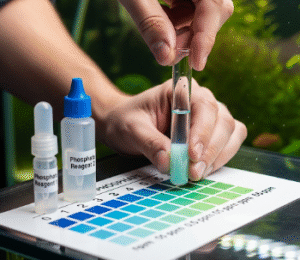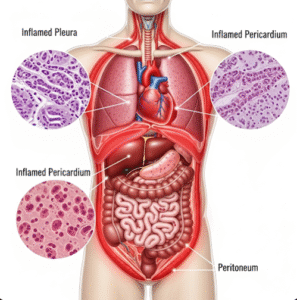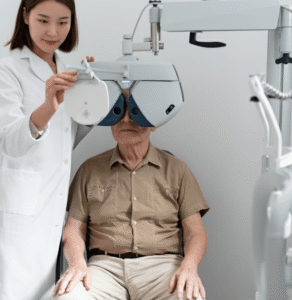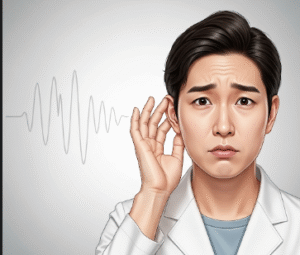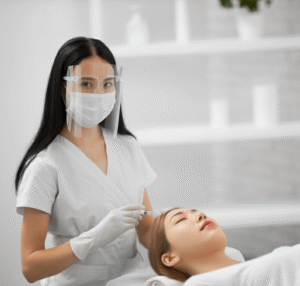Overview
The chickenpox vaccine, also known as the varicella vaccine, is an immunization that protects against varicella-zoster virus (VZV), the cause of chickenpox. Chickenpox is a highly contagious viral infection that typically causes a blister-like rash, fever, and fatigue. Vaccination is the most effective method to prevent infection and its complications.
Importance of the chickenpox vaccine:
- Prevents chickenpox infection in children and adults.
- Reduces the risk of serious complications such as pneumonia, encephalitis, or secondary bacterial infections.
- Protects against shingles (herpes zoster) later in life by reducing primary VZV infection.
- Contributes to herd immunity, limiting outbreaks in schools and communities.
In South Korea, the chickenpox vaccine is part of the national immunization program and is widely available in pediatric and public health clinics, ensuring high coverage and safety.
Why It’s Done
The chickenpox vaccine is administered to prevent primary infection and reduce disease severity.
Common indications include:
- ➤ Routine childhood vaccination: Usually given at 12–15 months, with a second dose at 4–6 years.
- ➤ Susceptible adolescents and adults: Those without prior infection or vaccination.
- ➤ High-risk populations: Immunocompromised individuals or healthcare workers.
- ➤ Post-exposure prophylaxis: In select cases after exposure to chickenpox.
Benefits for patients:
- ✔️ Reduces risk of contracting chickenpox.
- ✔️ Prevents severe illness or hospitalization in children and adults.
- ✔️ Minimizes complications such as pneumonia or brain inflammation.
- ✔️ Contributes to community protection through herd immunity.
Alternatives
While vaccination is the primary prevention strategy, alternatives or complementary measures exist:
- ➤ Natural immunity: Infection with chickenpox provides lifelong immunity but comes with higher risk of complications.
- ➤ Immune globulin (VZIG): For high-risk individuals after exposure, especially immunocompromised patients or newborns.
- ➤ Antiviral medications: For treatment after infection, but do not prevent disease.
- ➤ Isolation and hygiene measures: Reduce transmission but cannot provide immunity.
Key point: Vaccination is safer and more effective than natural infection or post-exposure interventions.
Preparation
Preparation for the chickenpox vaccine is straightforward, but proper screening improves safety and effectiveness.
Steps include:
- ✅ Medical history review: Confirm absence of prior chickenpox infection or previous vaccination.
- ✅ Screen for allergies: Ensure no severe allergy to vaccine components such as neomycin or gelatin.
- ✅ Current health status: Postpone vaccination in individuals with acute febrile illness.
- ✅ Pregnancy check: Avoid vaccination during pregnancy; vaccinate before conception if needed.
- ✅ Inform about immunosuppressive conditions: Individuals on chemotherapy or immunosuppressive therapy may need alternative strategies.
Important: Proper preparation ensures vaccine safety and optimal immune response.
How It’s Done
The chickenpox vaccine is administered as an injection, usually in the upper arm or thigh.
Step-by-step process:
- Patient positioning: Sitting or lying comfortably.
- Injection: Subcutaneous or intramuscular, depending on vaccine type.
- Observation: Monitor for immediate allergic reactions for 15–30 minutes.
- Documentation: Record vaccine lot number and date for future reference.
- Follow-up: Schedule second dose if part of a two-dose regimen.
Duration: Less than 5 minutes per injection.
Hospital stay: Usually outpatient; no hospitalization required.
Key point: The vaccine is minimally invasive, quick, and well-tolerated.
Recovery & Post-Vaccination Care
Recovery from vaccination is generally quick and uncomplicated.
Immediate post-vaccine reactions:
- Mild pain, redness, or swelling at the injection site.
- Low-grade fever or fatigue may occur within 1–2 days.
- Small, mild rash in rare cases.
Short-term care:
- Use cold compresses for injection site discomfort.
- Administer paracetamol for mild fever or soreness if needed.
- Observe for any unusual or severe reactions and seek medical advice.
Long-term protection:
- Second dose ensures complete immunity in most individuals.
- Immunity is long-lasting, though occasional breakthrough infections may occur but are usually mild.
Important: Timely administration of the second dose is essential for maximum protection.
Possible Complications
The chickenpox vaccine is generally safe and effective, with rare complications:
- ⚠️ Mild side effects: Pain, redness, swelling, or low-grade fever.
- ⚠️ Mild rash: Small, localized rash may occur a few days after vaccination.
- ⚠️ Allergic reactions: Rare, may include hives or anaphylaxis; treated promptly.
- ⚠️ Febrile seizures: Extremely rare, associated with fever post-vaccination.
- ⚠️ Immunocompromised risks: Live vaccine contraindicated in severely immunocompromised individuals.
In South Korea, standardized vaccination protocols and trained healthcare providers minimize complications and ensure high safety.
Treatment Options / Clinical Relevance in Korea
The chickenpox vaccine is an integral part of South Korea’s national immunization program, ensuring protection for children, adolescents, and at-risk adults.
Key features:
- 🏥 Routine childhood vaccination: Two-dose schedule for optimal immunity.
- 🏥 Catch-up programs: For unvaccinated adolescents or adults.
- 🏥 High-risk adult vaccination: Healthcare workers, immunocompromised, or pregnant women pre-conception.
- 🏥 Post-exposure prophylaxis: Administered in select cases to prevent severe disease.
- 🏥 Comprehensive public health campaigns: Ensure high coverage and herd immunity.
Hospitals and clinics providing chickenpox vaccination in Korea:
- Seoul National University Hospital – Pediatric and adult immunizations
- Asan Medical Center – Routine childhood vaccines and catch-up programs
- Samsung Medical Center – Comprehensive vaccination services
- Public health centers nationwide – Accessible vaccination for all age groups
Highlights in Korea:
- ✔️ Vaccination ensures high protection rates against chickenpox.
- ✔️ Integrated school and community immunization programs improve coverage.
- ✔️ Early vaccination reduces hospitalizations and severe complications.
- ✔️ Post-vaccine follow-up ensures timely second dose and monitoring.
Highlights
- ➤ Chickenpox vaccine protects against varicella-zoster virus and prevents severe disease.
- ➤ Routine two-dose schedule recommended for children; catch-up programs for adolescents and adults.
- ➤ Preparation involves screening for allergies, pregnancy, and immunocompromised status.
- ➤ Procedure is quick, outpatient, and well-tolerated, with minimal discomfort.
- ➤ Recovery is rapid, with mild, short-term side effects.
- ➤ Rare complications include allergic reactions, fever, or mild rash.
- ➤ South Korea provides nationwide access with high coverage, standardized protocols, and public health support.

